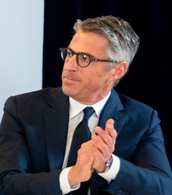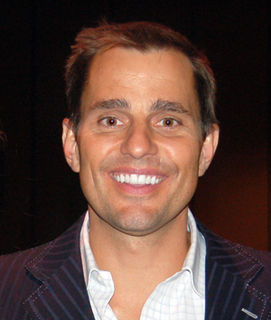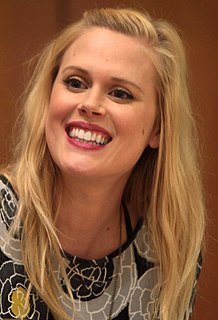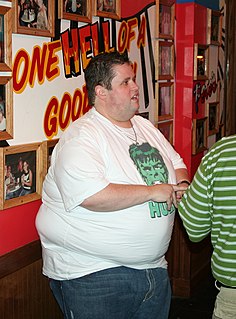A Quote by Rick Famuyiwa
Gangs are a part of living in Los Angeles, but you can exist in Inglewood or Culver City or anywhere else, without joining one.
Quote Topics
Related Quotes
This is one of the last unique things to do in the business of sports, to return the National Football League to the city of Los Angeles. I happen to love the city of Los Angeles; I happen to love the NFL - and to somehow be a part of that, a helper in that process, is something I've always been interested in.
Sprawl is the American ideal way to develop. I believe that what we're developing in Denver is in no appreciable way different than what we're doing in Los Angeles - did in Los Angeles and are still doing. But I think we have developed the Los Angeles model of city-building, and I think it is unfortunate.




































